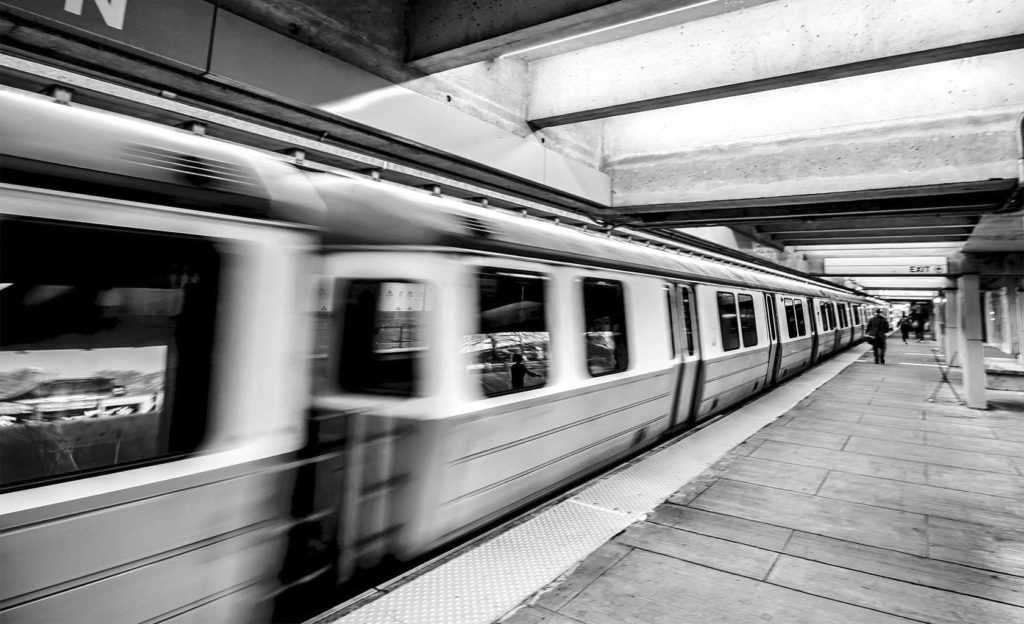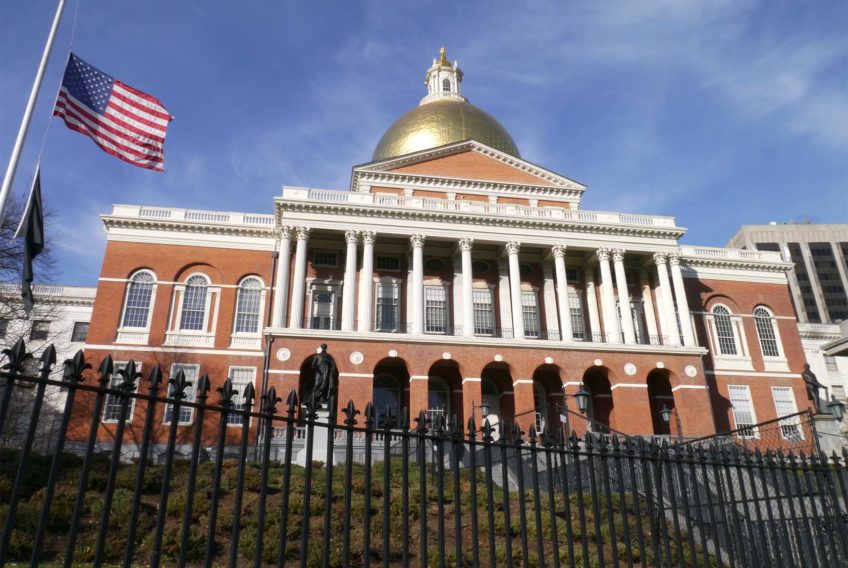
We need a low-income transit fare in Boston. However, new proposed changes to fare collection would lead us in the opposite direction — away from greater equity and towards a less accessible transportation system, harming the very riders that need it most.
In 2018, the MBTA outsourced fare collection to two billionaire corporations. Governor Charlie Baker’s administration made big promises around equity, saying it would “allow a major customer service improvement to advance in a cost-effective manner.” But last month, as part of this controversial and expensive process, the MBTA proposed a troubling new $3 fee just to obtain an empty Charlie Card. There is, however, no fee charged to those who have the ability to pay with a smart phone app. If the MBTA does not simultaneously reduce the fare for low-income riders, the new fee calls into question the MBTA’s commitment to racial and economic equity. Once again, the MBTA is continuing to perpetuate disparities between the haves and the have-nots: banked vs. un- or under-banked, smartphone vs. flip phone, high-income vs. low-income.
Under the automated fare collection (AFC) privatization contract, riders will no longer be able to pay cash on board. That is already a barrier — especially to riders of color and low-income riders, who are more likely to be underbanked. It also raises the possibility that riders will be “stranded” — stuck somewhere with no way to add cash to their Charlie Card and unable to pay on board. The “solution” offered by the MBTA and the AFC corporations Cubic and John Laing is for riders to pay a $3 fee just for the right to carry a Charlie Card. This fee would allow them to “go negative” on a ride — in essence, pre-paying for that one last ride. This solves a weakness in the AFC system, but at the expense of riders. The burden is especially harsh for people who already struggle to pay for transit.
If racial and economic equity is truly a priority for Governor Baker and the MBTA, the Authority should provide low-income riders relief from both the new fee and the high cost of fares more generally. They don’t need to reinvent the wheel — the MBTA has a number of existing reduced-fare programs, including for low-income youth and seniors. Under the proposed plan, these pass-holders will continue to be able to obtain a Charlie Card for free. The Authority should set a high standard for equitable transit, building a reduced fare for low-income riders of all ages and also waiving the Charlie Card fee for participants.
The Authority is undoubtedly in need of more robust funding, such as could be provided by the Fair Share Amendment, but the MBTA can afford a low-income fare. Spending decisions at the MBTA are also a matter of priority: If the MBTA can pay $935 million to two billionaire corporations to privatize fare collection, it can certainly afford a low-income fare program that has been estimated to cost $42 million for the first year — and will put money back in the pockets of riders. One potential source of funding to launch a low-income fare is the American Rescue Plan money provided by the federal government.
A low-income fare is within reach. If the MBTA is serious about equity and about meeting the needs of riders, the board and executives will not approve a new Charlie Card fee before a plan for a low-income fare is firmly in place.
Darlene Lombos is executive secretary-treasurer of the Greater Boston Labor Council. Mela Bush-Miles is transit-oriented development director for Alternatives for Community and Environment.






